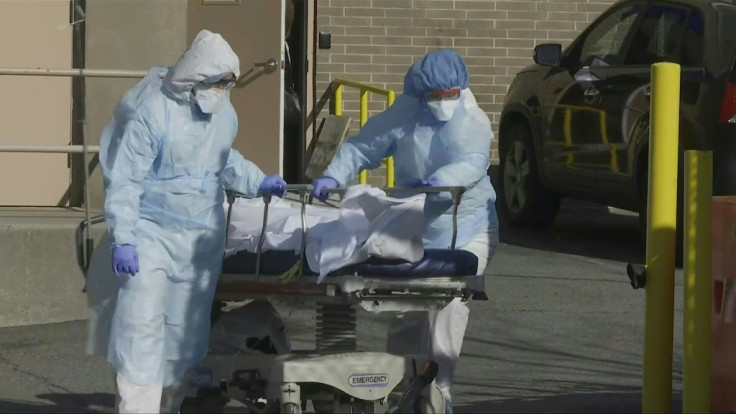Scientists believe warm weather could bring new insights into spread of coronavirus
Scientists conduct studies to determine the impact of seasonal changes on the virus.
As coronavirus continues to grapple the world, people can't help but wonder when will the pandemic come to an end. Meanwhile, researchers, scientists, and doctors all over the world are racing to find answers about the new coronavirus and build effective plans to contain it. With summers just around the corner, scientists are hoping to find out whether hot weather could slow down the virus.
According to The Guardian, scientists believe as the temperatures rise in various parts of the world, there could be changes in the patterns. And these changes could help them develop new insights about the virus. Considering that the common types of flu and cold usually peak during the winter season and comes to an end at the onset of spring.
According to a study published last week by the researchers at University College London, it was discovered that the common coronaviruses, such as HCoV-NL63, HCoV-OC43 and HCoV-229E result in high rates of infections in the month of February. However, this rate goes down in summers. The findings were released after analysing samples collected over the years.
The report reveals that there a few other studies hinting that coronavirus may have a seasonal pattern. The findings come with a word of caution by the study's leading author Rob Aldridge. He said that there are chances of transmission to slow down in summers, however, the effect may "reverse" with the onset of winters.
"We could see continued but lower levels of coronavirus transmission in summer but this may reverse in the winter if there is still a large susceptible population at that point," Aldridge said as quoted by the abovementioned publication.
He went on to say that there is no way to say whether things will change in summers or whether it is a novel virus.
"And given this is a novel virus, we don't know if a seasonal pattern will hold over the summer given high levels of susceptibility in the population. For this reason, it is crucial that we all act now to follow current health advice," he added.
Many other scientists believe that the coronavirus is a "completely new infectious agent" and the population has not been able to build up an immunity against the virus so far, which is why things may remain unchanged.
Meanwhile, a virologist Michael Skinner from Imperial College London suggests that "seasonal variation" may play a role in virus' behaviour. However, it might be insignificant and may not be able to substitute the need for self-isolation.
The report notes that some researchers have pointed out at changes in the human immune system in the wake of seasonal change.
"Our immune system displays a daily rhythm, but what is less known is how this varies from season to season," said immunologist Natalie Riddell at Surrey University.
Considering these factors, studies are being conducted across the globe. One such study is taking place at Surrey and Columbia Universities wherein scientists are analysing the biological samples collected by volunteers at the time of winter and summer solstices and spring and summer equinoxes. Such studies are expected to support the researcher's hunt for effective treatment.

"Knowing the vulnerabilities of our body to diseases and viruses across the year could inform the timing of vaccination campaigns that will help us eradicate infections," said the study's lead author Micaela Martinez of Columbia University.
© Copyright IBTimes 2025. All rights reserved.





















